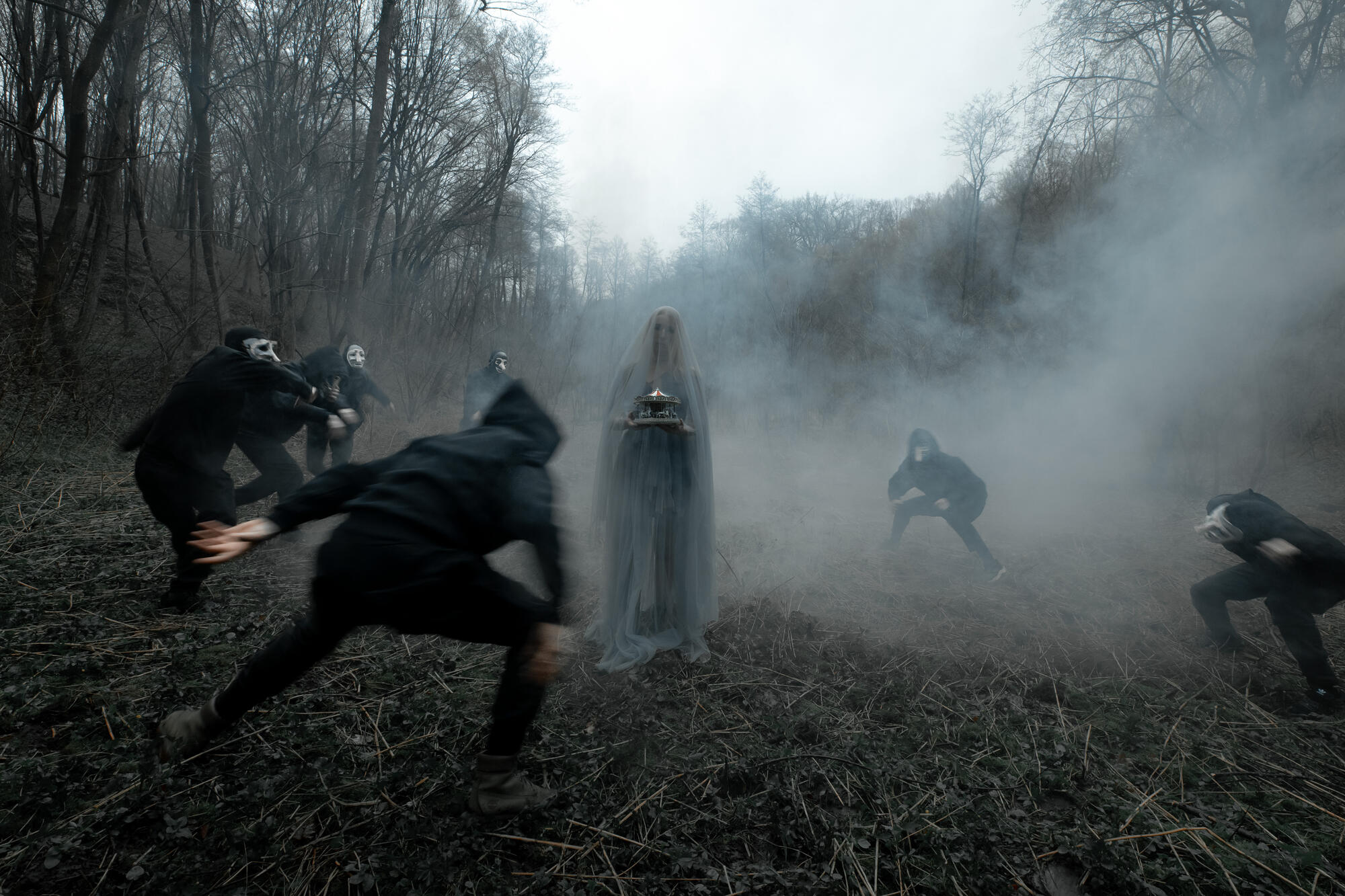“Ghost Riders in the Sky”
(Post) Colonial Tropes in Belarusian Horror Media
DOI:
https://doi.org/10.17892/app.2024.00018.340Keywords:
Uladzimir Karatkevič, Belarus, Feminismus, Postkolonialismus, nationale Befreiung, gotischer Horror, Filmsemiotik, "mimische Menschen"Abstract
The object of inquiry in this article is the subgenre of Belarusian cinematic horror, which, as of 2024, encompasses three to five exemplary cases depending on the genealogy and the degree of ‘family resemblance’. Based on the Tartu-Moscow Semiotic School, I analyse structural elements of the genre and expressive means that support and disrupt them, in order to reveal the postcolonial underpinnings of the typical Belarusian horror narrative. Three most important structural elements are revealed in the narratives of Belarusian horror: the Gothic heroine, the tourist, whom I characterise as a ‘mimic man’, and the ambiguous monster – the covert representation of Belarus who is made evil by ‘slippage’ of the oppressed cinematic language. In the end, I argue that some of the same structural and expressive means have been implemented in the multimedia opera King Stakh’s Wild Hunt (2023) by Belarus Free Theater. Such an approach both clarifies the anticolonial message of the Wild Hunt, as well as in horror films inspired by it, and explains structural incongruities in the resulting narratives. The article's title references the American dark country song written by Stan Jones in the late 1940s.

Downloads
Published
How to Cite
Issue
Section
License
Copyright (c) 2024 Apparatus. Film, Media and Digital Cultures of Central and Eastern Europe

This work is licensed under a Creative Commons Attribution 4.0 International License.
The articles in Apparatus are published under https://creativecommons.org/licenses/by/4.0/ This license does not apply to the media referenced, which are subject to the individual rights owner's terms.
The authors hold the copyright without restrictions and retain publishing rights without restrictions.





